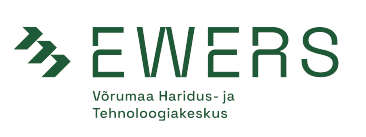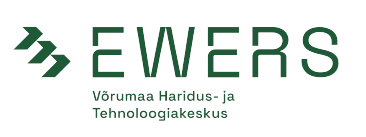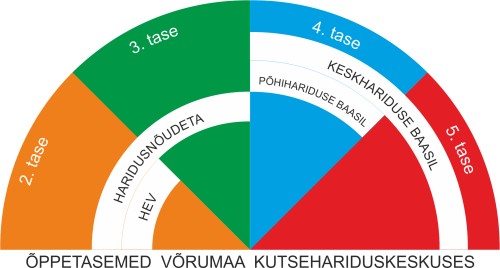- Admission
Admission
- Studies
Studies
- Student Life
Student Life
- Trainings
Trainings
- Centre of Competence
- About Us
- Contact
Sisseastumine
Mechatronics technician
| Type of Education | Form of study | Prerequisite | Duration |
|---|---|---|---|
| Type of EducationLevel 5 Continuing Education | Form of studynon-stationary or workplace-based learning | Prerequisitesecondary education, competencies corresponding to qualification levels 4 or 5, or work experience in the field of electronics and automation | Duration6 months |
Who is a mechatronics technician and what can they do?
A mechatronics technician assembles, installs, configures, tunes, and maintains mechanical, hydraulic, pneumatic, electromechanical, and electronic systems. Their task is to monitor and ensure the functionality of mechatronic systems. A level 5 mechatronics technician is ready to take on a leadership role within a team and collaborate with specialists from related fields in assembling integrated systems.
How can one become a mechatronics technician?
Form of study: non-stationary or workplace-based learning, one day per week.
Duration of study: 6 months.
Prerequisite for starting: secondary education, competencies corresponding to qualification levels 4 or 5, or work experience in electronics and automation.
The curriculum includes a practical training volume of 10 ECTS credits (260 astronomical hours) integrated into the module’s total hours.
Upon completion of the curriculum, a level 5 professional examination is taken.
What is learned?
Students learn to assemble and install mechatronic devices and systems, and to perform maintenance and repairs. They also learn to program industrial robots and manage and supervise work.
What comes next?
As the manufacturing sector increasingly seeks innovative solutions, mechatronics technicians are in high demand in every industrial company. Their salary is significantly above the national average. A level 5 mechatronics technician works independently or as part of a team, leading the execution of mechatronics projects and being responsible for the team’s results. They choose and implement various technologies and methods to find new solutions, considering principles of energy efficiency, sustainability, and environmental protection.
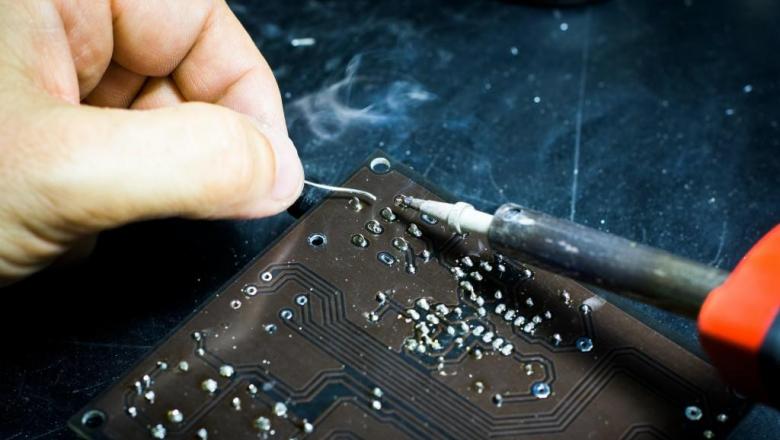
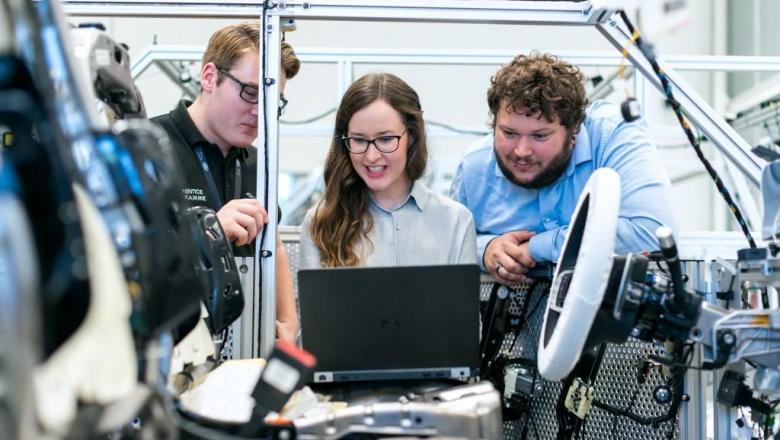
Indrek Saar
